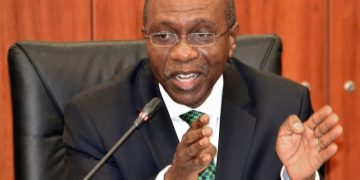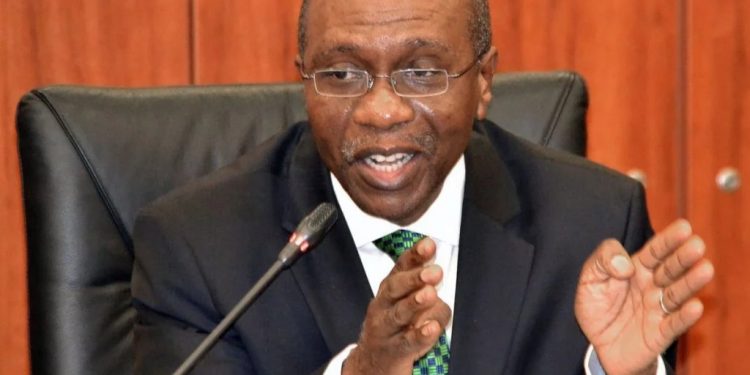By John Ikani
Regulatory guidelines for the eNaira released by the Central Bank of Nigeria (CBN) indicate that charges for transactions that originate from the eNaira platform will be free in the first 90 days, commencing from October 25.
After this period, applicable charges as outlined in the Guide to Charges by Banks, Other Financial and Non-bank Financial Institutions will become effective.
The apex bank disclosed this in the framework titled, ‘eNaira Circular and Guidelines’ released on Monday following the launch of the digital currency by President Muhamadu Buhari.
The application for the digital currency introduced by the CBN has become available for download, with more than 5000 downloads within hours of the launch.
What the CBN is saying:
The CBN said, “The charges for transactions that originate from the eNaira platform shall be free for the first 90 days commencing from October 25, 2021, and then revert to applicable charges as outlined in the Guide to Charges by Banks, Other Financial and Non-bank Financial Institutions.”
The apex bank noted that Electronic Funds Transfer below N5,000 is charged N10; N5,001 – N50,000 is charged N25 and for above N50,000, a N50 charge is associated.
The bank also said phone numbers without verified National Identification Number (Tier 0) will have a daily transaction limit of N20,000, while the maximum that the account can hold is N120,000.
Tier1 category, which has a verified number has a N50,000 transaction limit and N300,000 balance limit.
Tier2 and Tier3 categories have daily transaction limits of N200,000 and N1 million as well as a N500,000 and N5 million balance limits while merchants have no limit.
According to the Bank, merchants are duly accredited individuals and non-individual (corporates) authorized to conduct business in Nigeria.
The CBN stated earlier that the eNaira is meant to create a secure and cost-effective process for remittance inflow to the country, amongst other benefits.
The apex bank also stated that eNaira’s usability would definitely improve as Nigerians without internet-enabled phones would be able to transact without having to subscribe to data or having an internet-enabled phone.



































